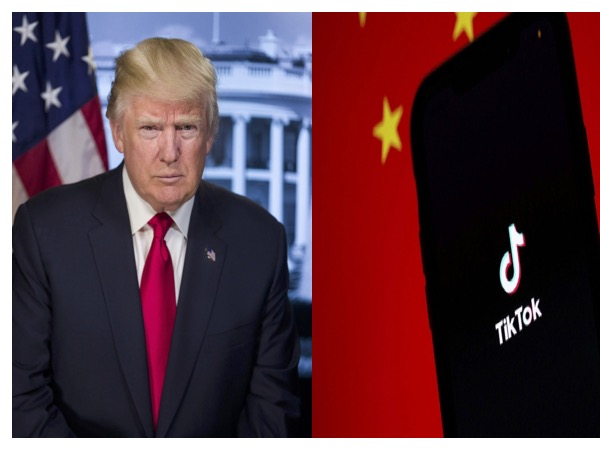In the age of social media and AI-generated content, it can be difficult to know what’s true in politics — especially during a polarized election season like the current one.
Now, local democracy advocates are making efforts to change that by empowering voters through education and outreach.
“The public knows very little about what we [election officials] do,” said Tommy Gong, Contra Costa County’s deputy clerk-recorder. “We need to do a better job educating [voters],” he added, because disinformation can “metastasize” when left unchecked.
Gong, together with League of Women Voters (LWV) representatives Anna Honda, Valerie Ventre-Hutton, Martha Van Orshoven and Paul Derksen, held two discussions on Sept. 25 and 26 at Diablo Valley College where they explained ways to spot false information about elections.
The speakers started the talk by clarifying the difference between misinformation and disinformation. Misinformation, which is factually incorrect news that is spread by mistake, and disinformation, which is spread deliberately with the intent to harm or mislead, have become more widespread in the digital age, especially relating to politics, they said.
“Fake news has been around forever, it will be around forever, it’s universal,” Nolan Higdon, a UC Santa Cruz lecturer on media studies and adjunct journalism professor at DVC, said in a separate interview.
Higdon, the author of The Anatomy of Fake News, teaches critical media literacy and said voters should learn “how to think” so they can identify disinformation when they see it.
In today’s hyper-partisan political climate, a lot of disinformation aims to undermine public trust in the electoral process and election security, said Gong, making it all the more critical for voters to know the facts.
For instance, claims of widespread voter fraud or “rigged” elections have proliferated since 2020, when then-president Donald Trump refused to accept his electoral loss to Joe Biden.
In reality, voter fraud is extremely rare and elections have many safeguards to prevent interference, said Gong, citing as an example Contra Costa County’s election security page, www.secure-election.org.
LWV speakers at the event said election disinformation is bolstered by unregulated social media – the preferred news source for over 40 percent of American young adults in 2024, according to Pew Research Center – as well as by mass media consolidation.
When a small handful of companies control the majority of news outlets, said the speakers, they can repeat the same biased or false claims about political candidates to make them sound more believable.
One example is Sinclair Broadcast Group, the second-largest owner of U.S. television stations, which faced backlash in 2018 after using its immense reach to recite the same pro-Trump script on channels nationwide, provoking a moral panic over alleged “fake news.”
To determine what news sources are reliable, LWV stressed the need to distinguish facts and opinions from “propaganda” that is designed to trigger people’s emotions and “shut down” critical thinking.
If a headline makes you bizarrely angry, that could be a red flag for misleading information and a good opportunity to cross-check your facts on the issue, according to one of the speakers.
Higdon said it is important for informed citizens to “slow down” and spend time gaining a deeper understanding of topics, rather than succumbing to the pressure on social media to “know everything.”
“Resist the pressure to do more,” he added.
When deciding where to get your news, LWV said the most reliable outlets verify multiple sources, have no “obvious bias,” and provide context and balance in their reporting. Websites like AllSides can help identify bias and cross-check across the political spectrum.
Local news is an especially valuable source of information, according to LWV. But about 200 of the 3,243 counties in the U.S. have no local newspaper, creating “news deserts” that are more vulnerable to mis- and disinformation.
In many cases, national conglomerates like Sinclair are able to dictate the content of local television stations, making them “local in name only,” added Higdon.
“When communities have local journalism that’s doing their job well, that’s some of the most important news in democracy,” Higdon said.









































































